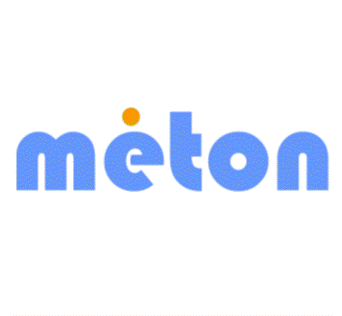top of page
HELPOS 2016-2022
The seismic hazard constitutes a study field at global level. Several countries of Europe are located at some of the most seismically active areas on Earth. This fact makes a large part of the EU population economically vulnerable against a violent earthquake, as well as against other geological phenomena, such as volcano eruptions, landslides, etc. Understanding processes leading to severe tectonic moves, as well as the exact simulation of their evolution over time and space, requires the direct and long-term availability of high - quality data produced from direct observations. The accessibility of this data can lead geo-sciences to new results for the society’s benefit, as they are obligatory for early warning systems for earthquakes, volcanoes and tsunamis, as well as also for risk estimation and risk management by geological phenomena. The open access to research infrastructure will highly tone up innovative research in the field of geo-sciences. The HELPOS (Hellenic Plate Observing System) project, implemented in the framework of the Programme "Competitiveness, Entrepreneurship and Innovation" 2014-2020 (NSRF) from 2017 to 2020, is an initiative: 1) corresponding to the Greek and European need for a coherent and integrated research infrastructure in the field of geosciences and seismic mechanics, 2) covering the absence of such a project at national level, considering the model of greater projects as EPOS and ESA, 3) constituting a network of research installations and infrastructure with the participation of Greek research institutes and universities. HELPOS aims at implementing: 1) a national research infrastructure including the existing seismological, geodetic, etc. permanent monitoring networks, 2) observatories for multi-scientific data mining (volcanoes, in-situ active faults monitoring experiments, groups of geophysical equipment for applications relevant with dynamic processes on the Earth’s surface and with environmental changes, 3) observatories for the implementation of integrated research on the spatial variability of seismic move, 4) a network of experimental laboratories for the creation of a common research infrastructure on the study of the properties of stones and minerals, and 5) installations for storing, analyzing data from geophysical, geological, geochemical observations and also for large – scale simulations. The integration of research installations and infrastructure of geosciences and seismic engineering of Greece is a double challenge: first, the homogenization of geographically scattered experimental and recorded data, which will ease the multi-dimensional and complex analysis and simulation, and second the development of internet based scientific insfrastructures to support the construction, operation and usability of HELPOS. METON Inc. was assigned in 2018 the support to the management and coordination of works, budget and the partnership of the project.
ICS 2012
EUFOFINET 2012
bottom of page
